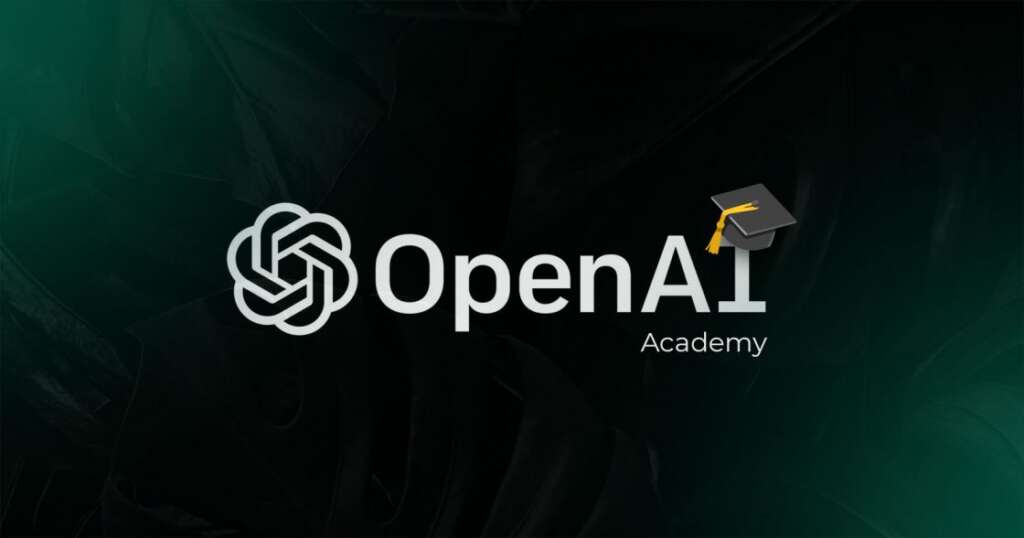OpenAI Explores Developing Its Own Web Browser
OpenAI, the creator of ChatGPT, is reportedly exploring the development of its own web browser, marking a significant step toward challenging tech giants like Google. According to a report by The Information, the Sam Altman-led company is also engaging in strategic partnerships to integrate AI-driven search capabilities across various platforms.
This move could further disrupt the competitive landscape in the tech world, potentially reshaping how users interact with search engines and browsers.
Why OpenAI’s Browser Move Matters
Direct Competition with Google
A web browser from OpenAI would position the company as a direct rival to Google, the dominant player in both the search engine and browser markets. OpenAI’s advancements, including its generative AI search tool, SearchGPT, demonstrate its broader ambitions to redefine how users access and interact with information online.
Innovation in Browsing
Integrating AI-powered features directly into a browser could revolutionize user experiences, enabling personalized, conversational search and context-aware assistance. Such innovations could lure users seeking alternatives to traditional search models dominated by Google’s Chrome and search engine.

Key Context: Challenges to Google’s Dominance
Regulatory Pressure
Google’s monopoly in online search and browsing is under scrutiny. The U.S. Department of Justice has raised concerns about Alphabet’s dominance, with some regulators even suggesting the potential divestiture of Chrome. If OpenAI enters the browser space, it could capitalize on these antitrust pressures and offer a competitive alternative.
AI Rivalries
Google has already ramped up its AI capabilities, unveiling Gemini, a generative AI chatbot launched to counter ChatGPT. However, OpenAI’s reputation as a leader in generative AI, coupled with its user-friendly applications like ChatGPT, positions it well to challenge Google’s AI dominance.
Market Impact
The market response underscores the high stakes. Alphabet’s shares dropped 5% last Thursday amid the DOJ’s arguments and growing competition from OpenAI. Investors appear wary of the increasing pressure on Google’s core business.
SEE ALSO: AI to Boost Nigeria’s Robotics Industry Amid Projected $288.60M Market Growth
OpenAI’s Expanding Partnerships
OpenAI’s push into new territory isn’t limited to browsers. It’s also forging partnerships to embed its AI technology across diverse platforms, further strengthening its ecosystem.
Collaborations with Major Platforms
OpenAI is reportedly discussing partnerships with companies like Conde Nast, Redfin, Eventbrite, and Priceline. These collaborations aim to integrate AI-driven search and recommendation features into their platforms, providing more tailored and engaging user experiences.
AI on Samsung Devices
OpenAI has also explored integrating AI-powered features with Samsung devices, a significant move given Samsung’s status as a major Google partner. This collaboration could challenge Google’s hold over the Android ecosystem and bolster OpenAI’s presence in the hardware market.
“Apple Intelligence” Integration
OpenAI’s technology is reportedly powering new features under “Apple Intelligence,” highlighting its strategy of embedding generative AI across a wide range of platforms. Such integrations align with its broader vision of making AI tools seamlessly accessible to users.
What’s Next for OpenAI?
The development of a web browser could mark a pivotal moment in OpenAI’s trajectory. With its cutting-edge AI capabilities and strategic partnerships, OpenAI is well-positioned to challenge entrenched players like Google and reshape the browser and search landscapes. However, the path won’t be without challenges, including the need to navigate privacy concerns, build user trust, and compete with well-established incumbents.
For now, OpenAI’s ambitions signal a growing determination to lead the charge in the evolving intersection of AI, search, and web technology. Whether it can dethrone Google remains to be seen, but one thing is clear: the future of browsing is about to get more intelligent.



